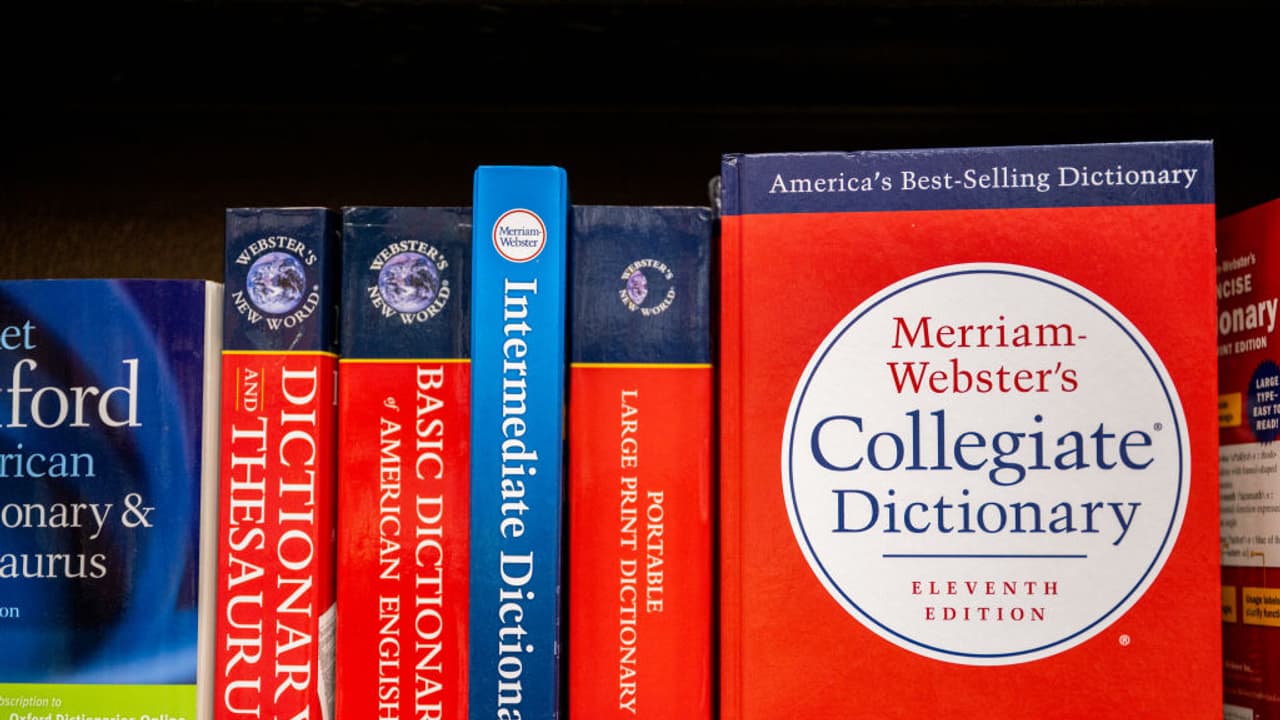The dictionary also incorporates words reflecting recent cultural shifts, such as “doomscroll” and “WFH” from the pandemic. This update aims to capture the evolution of American English, which has been significantly shaped by social media.
Bengaluru: Merriam-Webster on Thursday, September 25 acknowledged Generation Z’s linguistic contributions by adding terms like “rizz,” “adulting,” and “hard pass” to the pages of America’s most trusted reference book. The publishing company revealed its 12th edition of the Collegiate Dictionary will include more than 5,000 new entries when it hits shelves November 18, marking the first comprehensive overhaul in 22 years. Many additions reflect how younger generations have reshaped modern communication. Greg Barlow, Merriam-Webster’s president, told The Associated Press that they intended to make the Collegiate more useful and practical for research. The update captures language evolution from social media platforms to workplace culture.
What Are The New Words?
Among the most notable Gen Z additions is “rizz,” slang for charisma or charm, which originated on social media platforms before spreading to mainstream usage. The term joins “side-eye”, a skeptical facial expression that became a universal reaction across digital platforms. “Adulting,” describing the often-overwhelming process of handling grown-up responsibilities, reflects generational attitudes toward traditional milestones. The word has gained widespread usage as young adults navigate career, housing, and financial pressures. The pandemic era contributed several entries, including “WFH” for working from home and “doomscroll”, the compulsive consumption of negative news online. Both terms transcended age groups during lockdowns but originated in younger digital communities.
Other words such as “ghost kitchen,” commercial cooking spaces that emerged during pandemic delivery booms, reflect the times that we have survived during the pandemic. “Dad Bod” represents changing discussions around male body image. “Cancel culture” captures ongoing debates about social accountability in digital spaces. Other lifestyle terms include “cold brew” and “farm-to-table,” reflecting consumer preferences that younger generations helped popularize. “Beast mode,” originally sports terminology that went mainstream through social media, demonstrates how expressions migrate from niche communities. Technology terms like “dashcam” and the ironically-named “dumbphone” – referring to pre-smartphone devices – round out the contemporary additions.
Dictionary Sales Dropping
The update comes as physical dictionary sales face continued decline, dropping 9% in the past year according to Circana BookScan data. However, Merriam-Webster’s website receives approximately one billion visits annually, making it a digital leader in language reference. The 12th edition weighs nearly five pounds and includes enhanced entries for frequently searched terms, plus over 20,000 new usage examples. Special features include curated word lists organized by decade, showing language evolution over time. The update represents more than vocabulary expansion – it documents how digital natives have fundamentally altered American English. From abbreviated workplace communication to social media expressions, Generation Z’s linguistic innovations now share space with centuries-old entries.
